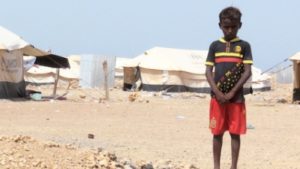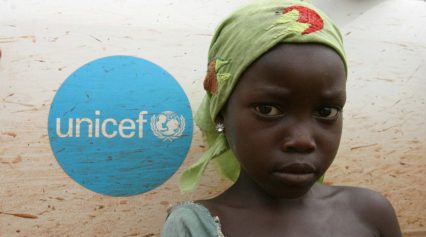
The delta, where the Niger River meets the Gulf of Guinea, is home to 30 million people and comprised of coastal islands, mangroves, freshwater swamps, and lowland rainforests.
Nigeria’s vast oil reserves, estimated at 37 billion barrels, with much of that in the Niger Delta, has helped to make it Africa’s largest oil producer.
Related: Royal Dutch Shell Agrees to $83 Million Payout for Nigerian Oil Spills
But spills are a common occurrence, according to an analysis by Amnesty International. Royal Dutch Shell and the Italian company Eni were responsible for more than 550 oil spills in the Niger delta last year, the report found. In contrast, there were only about 10 spills a year across the whole of Europe between 1971 and 2011.
“It is an endemic problem,” Joe Westby, a campaigner for business and human rights with Amnesty International, told VICE News. “The roots of it lie in the complete lack of proper government regulation. So when the spills occur, the government relies on the companies to investigate and assess the cause and damage. In many cases, oil companies get away with not cleaning up properly or paying fair compensation.”
In 2006, the Nigerian Government asked the United Nations Environment Programme to study the extent of delta oil pollution. In its report, published in 2011, the agency recommended that the government establish a fund with an initial investment of $1 billion. The Nigerian government and the oil industry should finance the fund, the agency said.
But the Nigerian government has set aside only $10 million and Shell, a leading contributor to the region’s contamination, is required to finance as little as 30 percent of the fund.
Rachael Power, a Shell spokeswoman told VICE News the amount was commensurate with the stake held by Shell in a joint venture with some other oil companies, including the Nigerian National Oil Company, Nigerian Agip Oil Company, and Total. All together, the companies in the joint venture are expected to contribute 90 percent of the fund.
Read more at news.vice.com


